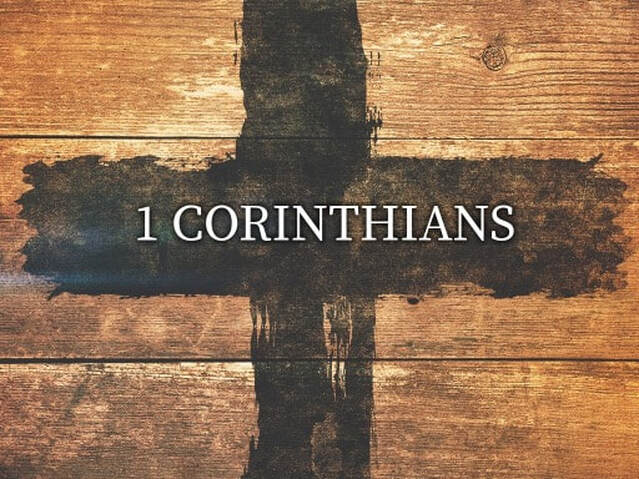This week we are gathering to read through 1 Corinthians 11. This chapter begins a longer discussion, concluding in chapter 14, with resolving issues that arise within the corporate worship of the congregation. In this chapter, Paul addresses the two issues of modesty in worship and of the nature of the Lord’s Supper. In verses 2-16, Paul lays down a rule that women who pray or prophesy in church should have long hair and should cover their heads, whereas when men pray or prophesy in church they should have short hair and do so without any head covering. Until the last century, most churches taught that this was a requirement for both women and men. The requirement that women cover their heads has been dispensed with in most churches (except for Anabaptists such as Mennonite and Amish). This change raises two questions: 1) upon what grounds does the church have the authority to dispense with a clear biblical directive (there are a lot more directives the church has let go of in the last century) and 2) what is the underlying principle of Paul’s directive and how do we continue to carry out that instruction today. (Personally, I would like to think that this passage still speaks against inappropriate and too-casual dress during worship.) A good of this issue from a modern conservative Roman Catholic perspective is HERE.
The second half of this chapter concerns the Lord’s Supper. As you read through verses 17-22, think about how the Corinthian congregation celebrated the Lord’s Supper such that its celebration led to gluttony and drunkenness. Apparently, the church did not merely serve a wafer and a sip of wine. This passage also provides us with the earliest discussion we have of the Lord’s Supper. Although the Gospels have a similar account of the Institution (Matthew 26, Mark 14, Luke 22), the gospels were probably written no earlier than 40 years after the events whereas 1 Corinthians was written approximately 20 years later, and while those who attend the original meal were still living. This is also the passage from where the Church gets the word “Eucharist” (Gk: eucharisteo – thanksgiving or give thanks). In the final verses of this chapter, Paul warns us not to partake of the bread and wine in an “unworthy manner” and “without discerning the body” for otherwise we will become weak and ill and die. During the Reformation, the more radical reformers, such as Ulrich Zwingli, taught that the elements were purely symbolic representations of the body and blood of Jesus and that the rite was only a commemorative ceremony. Both Luther and Calvin opposed Zwingli’s memorialism. This text, as well as John 6, provided the primary opposition to Zwingli’s aberrant teaching. For some light reading on the meaning of these verses, I have attached Thomas Cajetan’s “Errors on the Lord’s Supper.” (Cajetan Responds, pp. 153-73). Cajetan was a priest in the Roman church appointed to bring Luther back into the Roman church and to oppose Protestant teachings and innovations. Sections 7 and 9 of his work specifically address 1 Corinthians. For a broader discussion on the Lord’s Supper, HERE is a link to Calvin’s discussion of the same in his “Institutes of the Christian Religion. I would specifically commend paragraphs 31-33 to you.
Dinner is at 6. The menu this week is Bratwurst and Italian Sausage. If you want non-pork sausage made of fowl, please let Amy or I know before Tuesday. Hope to see you here.
That sacred communion of flesh and blood by which Christ transfuses his life into us, just as if it penetrated our bones and marrow, he testifies and seals in the Supper, and that not by presenting a vain or empty sign, but by there exerting an efficacy of the Spirit by which he fulfills what he promises . . . . For unless we would charge God with deceit, we will never presume to say that he holds forth an empty symbol. Therefore, if by the breaking of the bread the Lord truly represents the partaking of his body, there ought be no doubt whatever the he truly exhibits and performs it. The rule which the pious ought always to observe is whenever they see the symbols instituted by the Lord, to think and feel surely persuaded that the truth of the thing signified is also present.
John Calvin, Institutes of the Christian Religion, Book 4, chapter 17, section 10.

